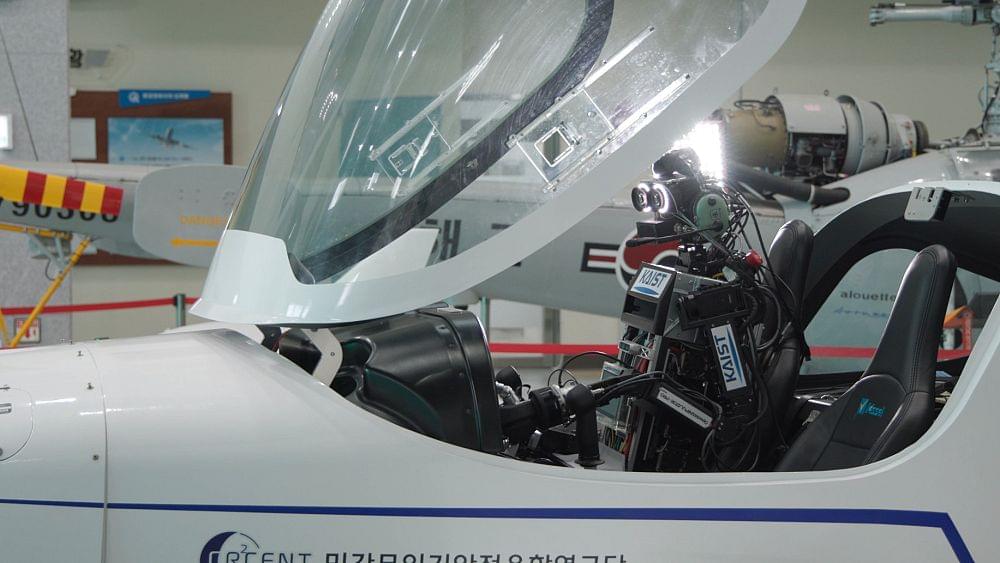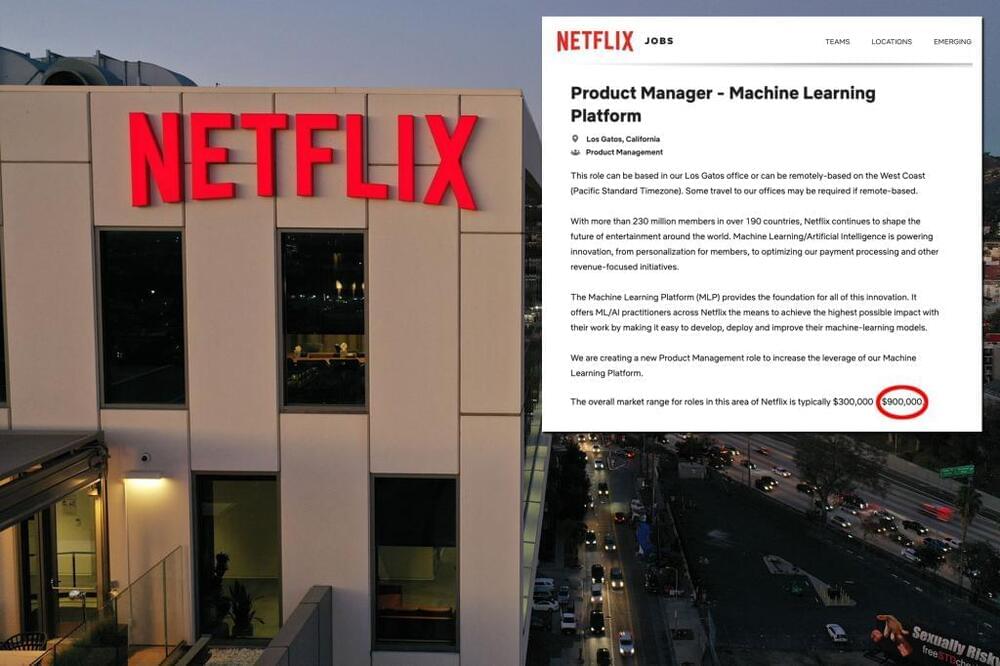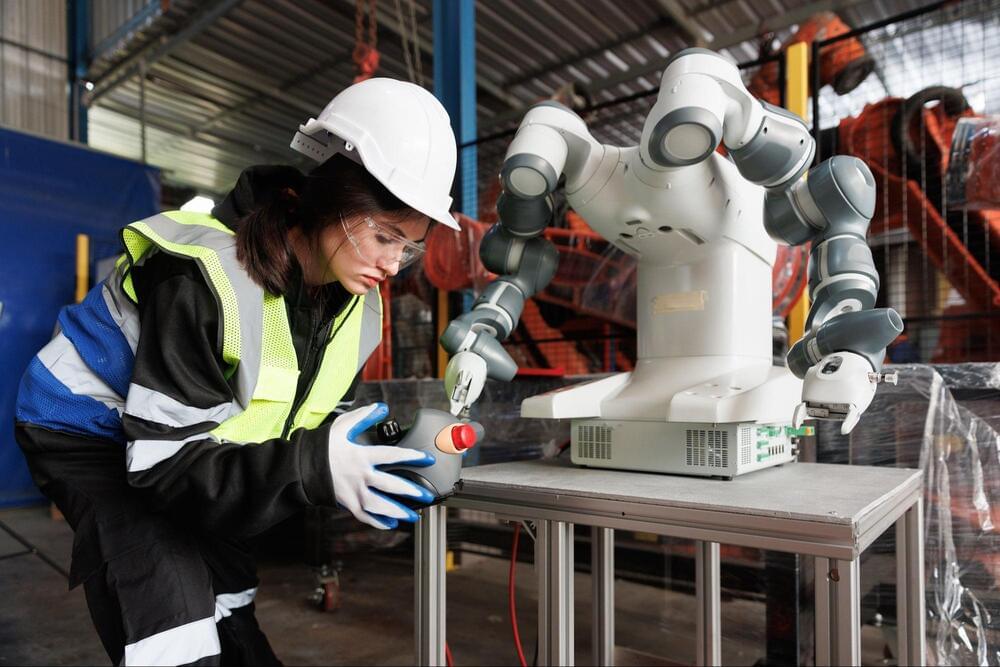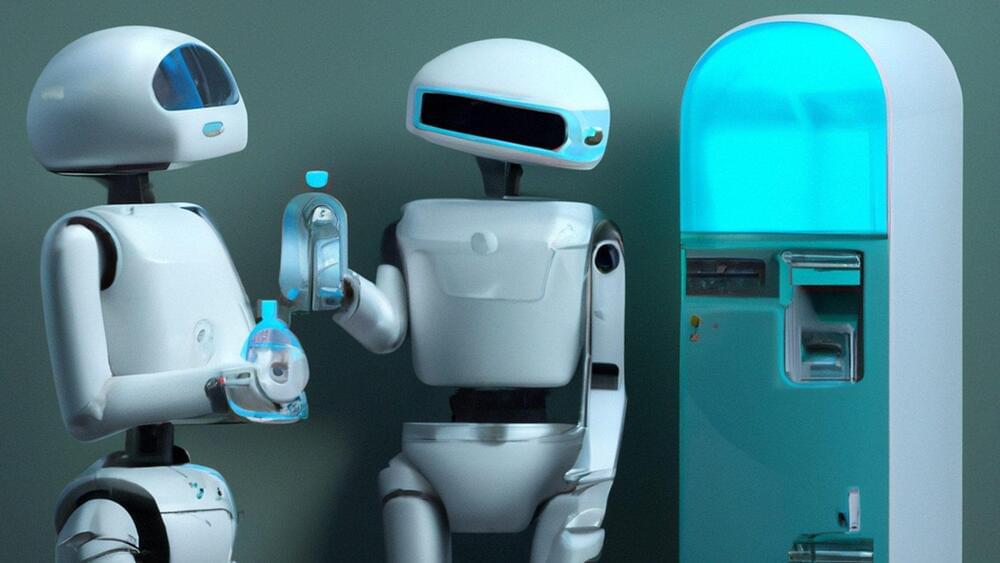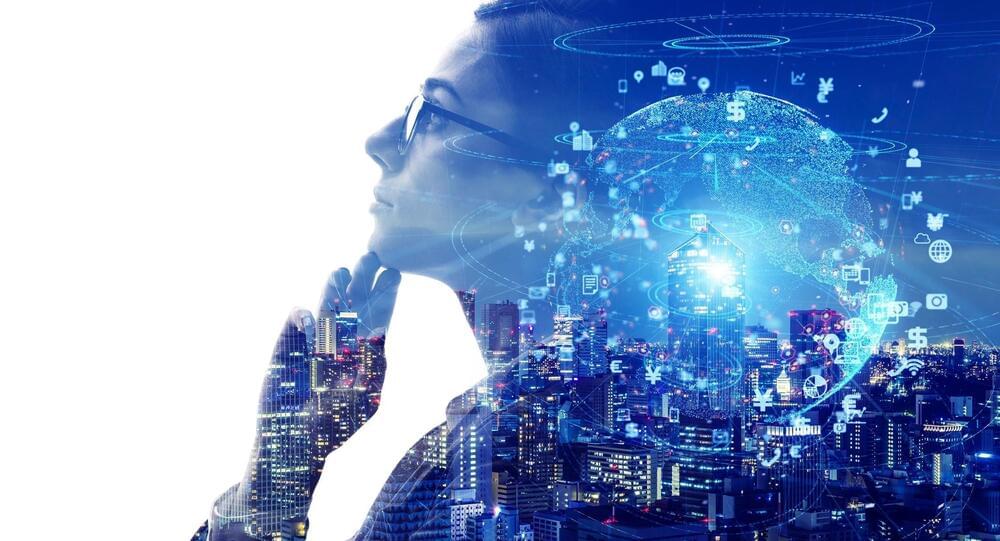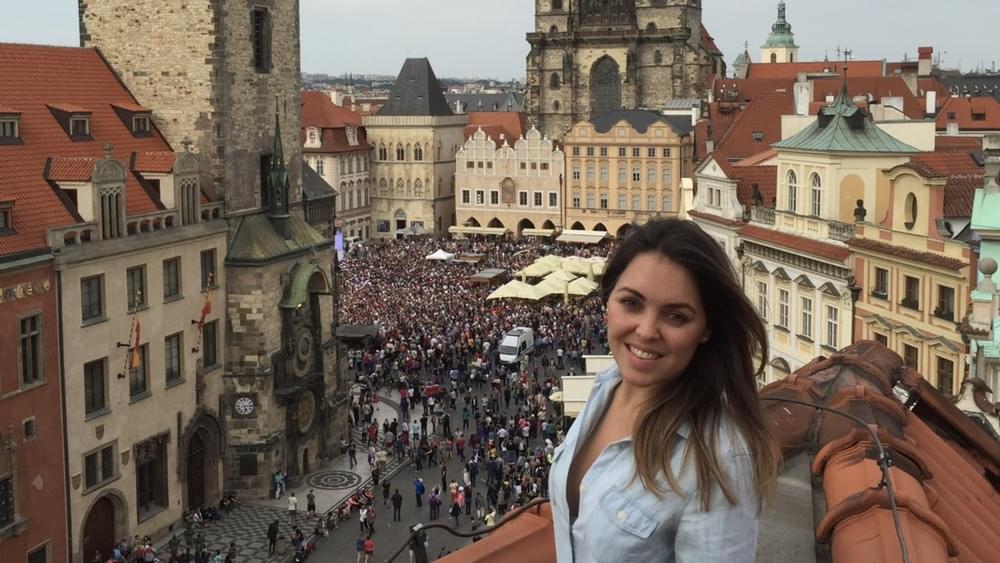The robot’s memory is so large that it can memorise all Jeppesen navigation charts, a task that is impossible for human pilots.
Both artificial intelligence (AI) and robotics have made significant strides in recent years, meaning most human jobs could soon be overtaken by technology — on the ground and even in the skies above us.
A team of engineers and researchers from the Korea Advanced Institute of Science & Technology (KAIST) is currently developing a humanoid robot that can fly aircraft without needing to modify the cockpit.
